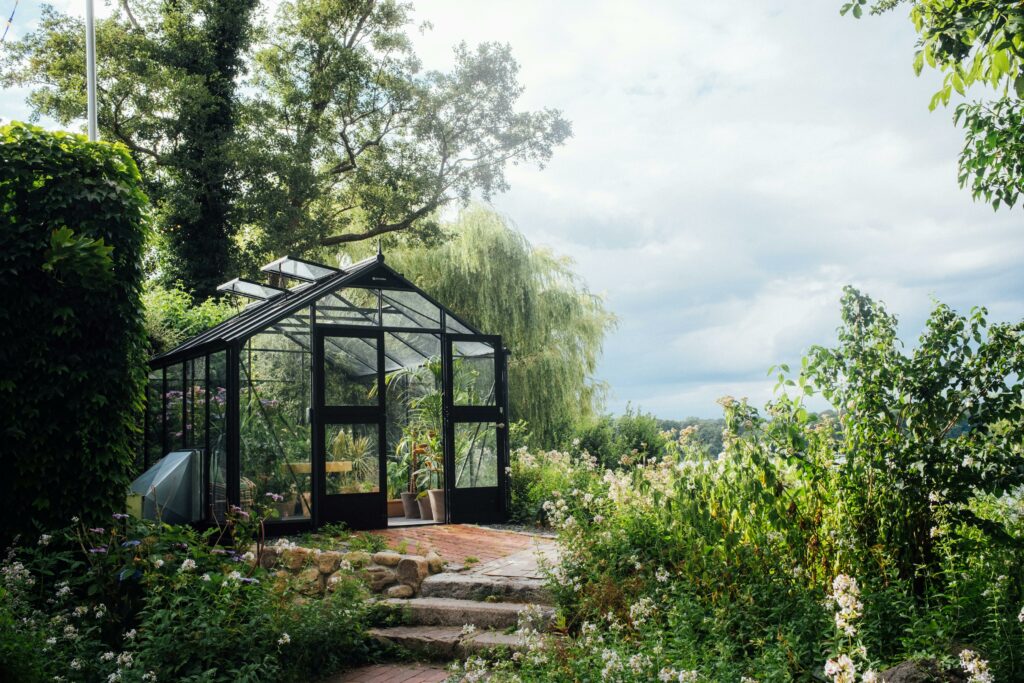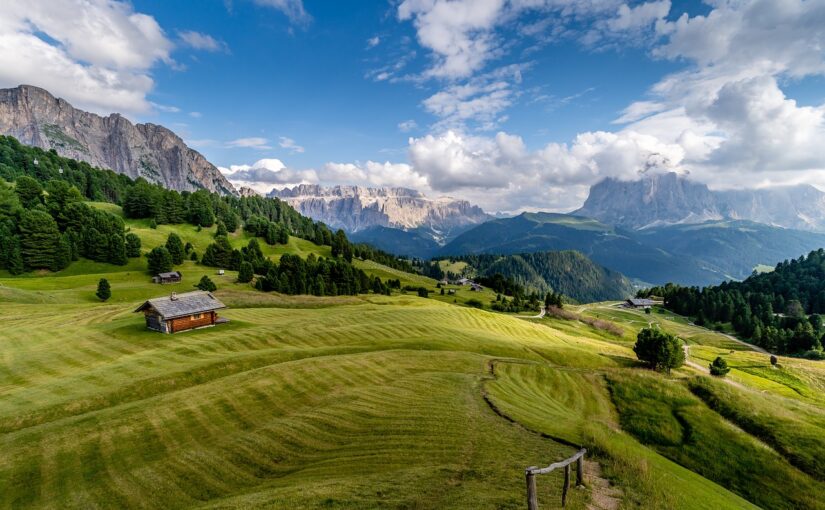So, you’ve decided to be selling your property without a real estate agent. Maybe you want to save a few bucks, or maybe you’re looking for a little more control in the process. Let’s look into five essential, get-it-done tips for navigating the for-sale-by-owner (FSBO) route.
1. Price it Right: The Sweet Spot Between Dream and Reality
One of the biggest hurdles when selling your property without real estate agent is pricing it right. You want top dollar, but you also need to be realistic. Overpricing leads to crickets, while underpricing will have buyers lining up, which could leave you regretting your decision later. Here’s how to hit that pricing sweet spot:
- Do a Comparative Market Analysis (CMA): Look at similar homes in your area, particularly ones that have recently sold. Websites like Zillow and Realtor.com can give you quick insights. But for real accuracy, check out local listings and recently sold properties in your neighborhood.
- Study the Trends: Is the market hot, cold, or somewhere in between? Knowing the current demand can help you set a fair price. For instance, if you see a lot of homes sitting on the market for months, you might want to price yours a bit lower to attract buyers. If things are moving quickly, you can aim higher.
- Get an Appraisal (Optional): Hiring a professional appraiser can give you an unbiased view of your home’s worth. This step might seem costly upfront, but it can help you avoid money left on the table or a drawn-out sale.

2. Perfect Your Presentation: Make it Shine Online and Offline
Presentation is everything. Think of your property as a first date—you want to put its best foot forward to make a good impression. Here’s how to make your home picture-perfect:
- Clean and Declutter: Clear out personal items, excess furniture, and anything that might make the space feel cramped. Buyers want to envision themselves in your home, not feel like they’re snooping through someone else’s closet.
- Stage Strategically: Use what you have and add some simple touches. Bright pillows, fresh flowers, and well-placed mirrors can go a long way. If you’re willing to invest a little, professional staging services can bring your space to life, but even a DIY approach makes a big difference.
- Snap Stunning Photos: First impressions happen online, so great photos are a must. Natural light is your best friend here—take photos on a bright day, open up curtains, and let that light flood in. If you’re comfortable doing it, consider a short virtual tour video as well. Buyers love a 360-degree look.
- Write an Engaging Listing Description: Highlight unique features that set your home apart. Maybe you’ve got a fantastic backyard, a sunny breakfast nook, or a basement perfect for a home theater. Whatever makes your home special, make sure it shines in the description.
3. Market Like a Pro: Think Beyond the Usual
Marketing doesn’t stop with a listing on Zillow or Craigslist (though those are good places to start). Selling without an agent means you’re the marketing team, so get creative:
Social Media is Key: Facebook, Instagram, Twitter—use them all. Post your listing, share pictures, and write a short post about what makes your home a great buy. Use local groups or community pages to reach people in your area.
Host Open Houses (Virtual Ones, Too): Open houses let buyers see the space in person, but virtual open houses are becoming just as popular. Use Zoom or Facebook Live to give a tour and answer questions in real time. You’ll reach more people, including those who can’t attend in person.
Make Use of Community Boards: Many grocery stores, cafes, and libraries have community boards where you can post flyers. Get the word out in your local area by hanging up an eye-catching flyer with a few photos and your contact info.

4. Know the Legal and Paperwork Basics: Stay Ahead of the Curve
One major reason people go with agents is to avoid the paperwork. But it’s not as intimidating as it sounds! Here’s a breakdown of the basics you’ll need to handle to sell smoothly:
- Understand Local Regulations: Each area has different disclosure laws. Some places require you to disclose certain issues with the property, while others don’t. A quick online search or a chat with a local attorney can clarify this.
- Gather Essential Documents: At a minimum, you’ll need:
- The property’s title
- A recent survey (if you have one)
- Any renovation or repair records
- Previous appraisals
- Mortgage payoff information if applicable
- Use a Standard Sales Contract: Most states provide a fill-in-the-blank form for real estate sales that includes all the essential clauses. However, if you feel unsure, hiring a real estate attorney for a few hours to review the contract is worth the peace of mind.
- Don’t Forget the Closing Costs: Buyers often expect sellers to cover closing costs like taxes and title insurance. Make sure you budget for these expenses upfront so they don’t come as a surprise.
5. Screen Buyers Thoroughly: No Surprises at Closing
When selling without an agent, it’s your responsibility to make sure buyers are serious. The last thing you want is a buyer backing out right before closing. Here’s how to avoid that:
- Pre-Approval Letters Are Key: Before accepting an offer, request a pre-approval letter from the buyer’s lender. This shows they’re not only serious but also financially ready.
- Offer Open Houses or Scheduled Showings for Serious Inquiries Only: Time is valuable, so don’t waste it on no-shows. When a buyer expresses interest, set up showings and walk them through the property but only after initial questions have been answered.
- Stay in Communication: Follow up with interested buyers but don’t overwhelm them. Send any requested information quickly, whether it’s recent inspection reports or neighborhood details.
- Trust Your Gut: Selling a home is a business transaction, but intuition still matters. If a buyer seems overly eager without providing solid financials, it’s okay to be cautious.

Bonus Tips: Mastering the Negotiation
Negotiation is an art, and selling your home yourself means you’ll be doing it solo. Stay firm on your price if you know it’s fair, but be willing to compromise on smaller things, like closing dates or minor repairs.
- Start with a Fair Price: By pricing your property realistically, you won’t need to make drastic cuts.
- Stay Calm and Positive: Buyers may throw in lower offers just to see what happens. Don’t get offended; instead, respond with confidence about your price and the value of your property.
- Offer Incentives If Needed: Sweeten the deal by offering a small allowance for repairs or covering closing costs. It can make a big difference without costing you too much.
Selling a property without a real estate agent is totally doable. The secret? Stay informed, be prepared, and get a little creative. You’re not just selling a home—you’re sharing its story with a new buyer.


